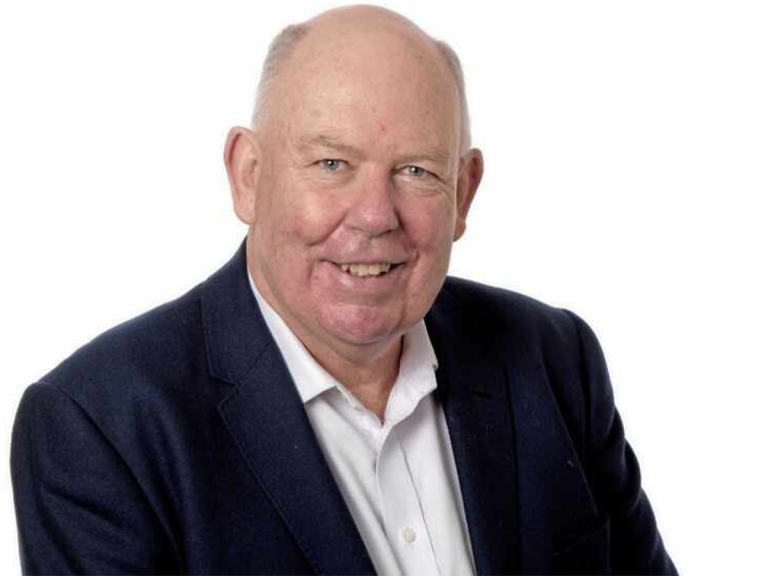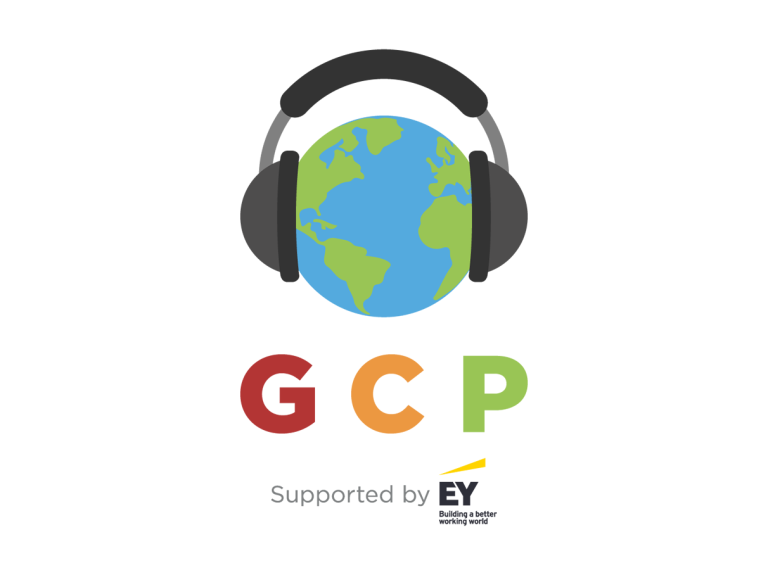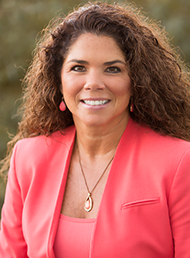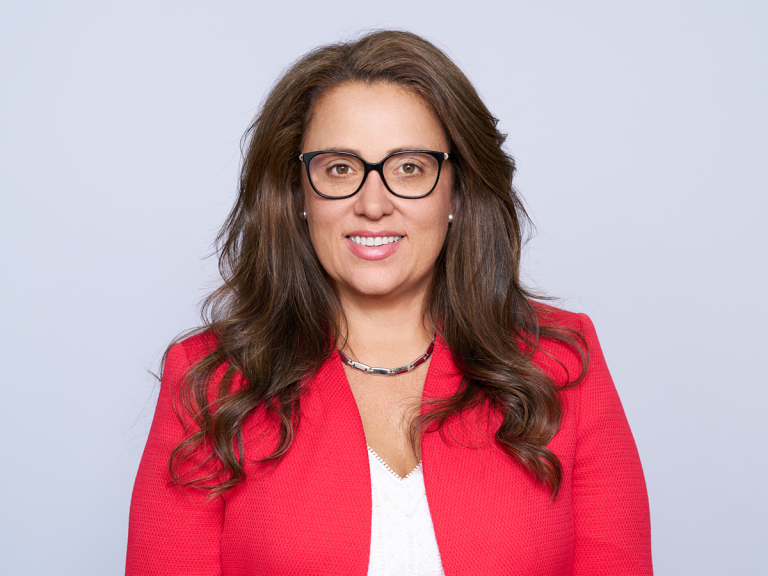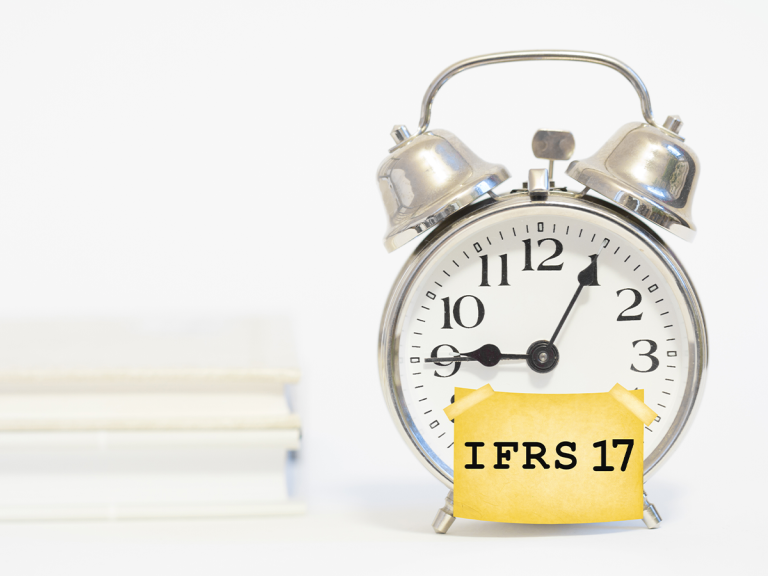Haulers group captive targeting July 2025 implementation
Allianz promotes Allie Chadwick to regional head of multinational UK
AM Best assigns rating to National Grid’s Vermont captive
Malcolm Cutts-Watson to retire from RISCS CWC
Alian Sougnez to join SRS Luxembourg as client services leader
I-RE raises commercial property limit to $15m
Captives playing increasing role in new and emerging risks – Adriana Scherzinger
The utilisation of captives is increasing both in numbers and premium volume with new and emerging risks being one of the main drivers behind growth, Adriana Scherzinger, group head of captives at Zurich, has told Captive Intelligence.
The recent hard market has caused more companies to explore captive utilisation, while those already with captives have been expanding the use of the vehicles.
Speaking on the Global Captive Podcast, Scherzinger said most lines of business are now being placed in captives, though property continues to be one of the most common lines of business.
“Traditionally, captives are used for high frequency, low severity risk, but nowadays captives are also used for the management of new and emerging risk when traditional markets are limited,” she said.
Scherzinger highlighted that at the recent FERMA conference in Madrid there was a lot of discussion around the impact of climate risk and how it has the potential to affect any line of business.
“For example, climate risk impacts property values and property losses and eventually, captives,” she said.
“It’s encouraging to see the role captives are playing within their parent organisations is growing when it comes to sustainability and ESG initiatives, whether that be in relation to climate risk, net zero transitions or employee benefits.”
Also speaking on the podcast, Mario Ramirez, risk & assets manager at Exolum, explained why the Spanish company recently set up a captive in Luxembourg to counter a future lack of capacity and help aid its transition to greener technologies.
“We started to see that there could be a lack of capacity in the future to insure certain businesses that we are working on, and also a lack of capacity for the new technologies that we need to put in place to bring new energies to the market,” he said.

